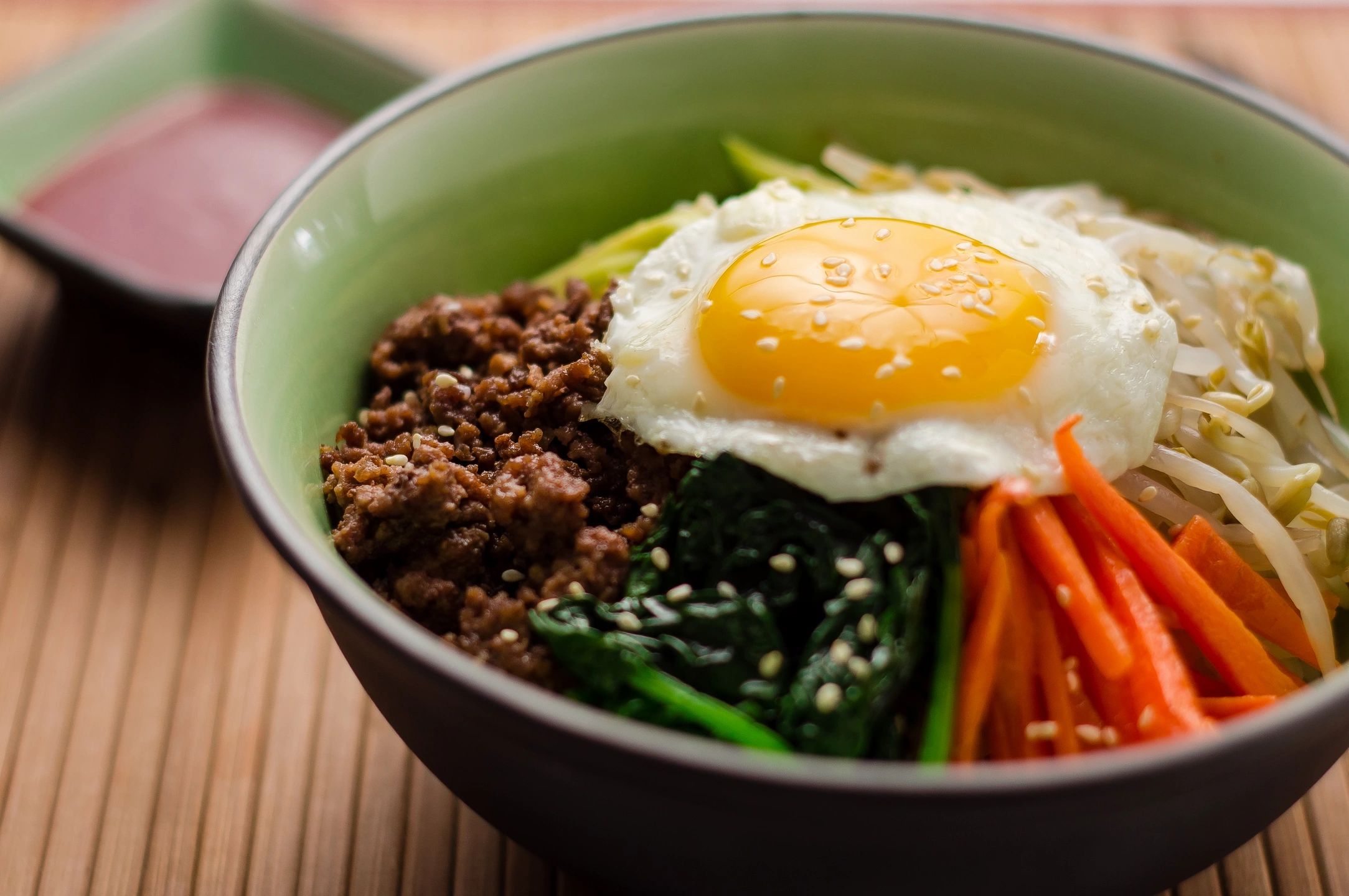PROTEINS~WHAT ARE THEY?

PROTEINS~WHAT ARE THEY?
By: Allie Might, FMC, INHC, ATT
While we all know protein, do we really know how much we need on a daily basis? It’s also something we all like as there seems to be endless choices. There is also no wrong way to prepare proteins, so they appeal to all tastes.
The amount of protein needed in a day is fairly easy to achieve. According to the United States Department of Agriculture (USDA), adults need the equivalent of 5-7 ounces each day. However, according to ‘High Protein Foods: The Best Protein Sources to Include in a Healthy Diet’ published by Harvard Health Publishing for Harvard Medical School, the average adult should consume .36grams of protein per pound of body weight. Keep in mind, these are guidelines for average adults within the normal weight range on the BMI chart.
Why is protein so important? We know it’s good for healthy muscle strength and muscle mass, as that is what protein is commonly associated with by most people. However, protein is also good for such areas as the bones, metabolism, and fat-burning and appetite control. I like to recommend incorporating some protein into each meal every day.
Just like anything, too much of a good thing is not good. Excessive protein consumption could cause halitosis (bad breath), digestive problems, kidney issues or even dehydration, just to name a few. According to an article from The Cleveland Clinic, too much red meat could increase the risk of some cancers, heart attack and stroke. It’s recommended to eat red meat in moderation.
ANIMAL PROTEINS: This consists of the most common proteins. Here is where we have beef (anything from steak to hamburger), poultry (chicken, turkey, Cornish game hen, etc.), pork (ham, pork loin, bacon, etc.), fish (salmon, tuna, sardines, etc.) or seafood/shellfish (shrimp, lobster, muscles, its) and game (deer, pheasant, boar, alligator, etc.).
VEGETARIAN PROTEINS: These proteins are supplied by animals (animal bi-products) without us having to consume the animal itself. This group includes such choices like eggs, cheese and Greek yogurt.
VEGAN PROTEINS: This group has endless possibilities, but can also be intimidating to many people. You can find familiar foods like nuts, seeds, nut butters (peanut butter, almond butter, etc.), lentils and beans. It also includes the more unfamiliar or intimidating tofu, tempeh (fermented soybeans) and seitan (vital wheat gluten).
While some of these alternative options aren’t for everyone, they can be a good option for those looking to cut back on animal proteins, while still incorporating nutritious food. Many of these alternates are not only good sources of protein, but can also supply vitamins, minerals, calcium and fiber.
WHEY PROTEIN POWDER: Whey is probably the most common protein powder. It is sourced from dairy, but contains varying amounts of lactose. Therefore, those that are lactose intolerant may or may not be effected. For others, this is a great option to add extra protein into their diet. This also has vanilla flavor, but it’s not overpowering, so adding fruits, greens or nut butters are a perfect compliment.
PLANT PROTEIN POWDER: As an alternative to whey protein, using this plant protein that contains Flax Seed and Chia Seed powders is the perfect alternative. While anyone can benefit from this powder, it is typically enjoyed by those that are sensitive or allergic to dairy, as well as vegans and strict vegetarians. This is also flavorless so it can be used endless ways, so let your imagination get creative.
PRO TIPS: Try adding one of these protein powders to plain oatmeal, plain Greek yogurt or a smoothie to help reach your daily protein needs. If you’re looking for a tasty addition, add a scoop of Cocoa Hx for an indulgent treat.
www.myplate.gov/eat-healthy/protein-foods
www.nhlbi.nih.gov/health/educational/lose_wt/BMI/bmicalc.htm
www.healthline.com/nutrition/10-reasons-to-eat-more-protein
https://health.clevelandclinic.org/can-you-eat-too-much-protein
www.hsph.harvard.edu/nutritionsource/what-should-you-eat/protein/
health.clevelandclinic.org/is-whey-protein-good-for-you
